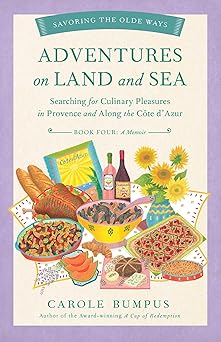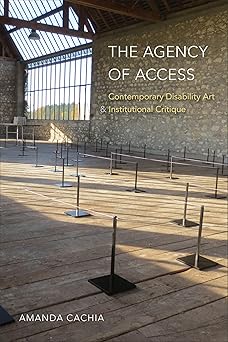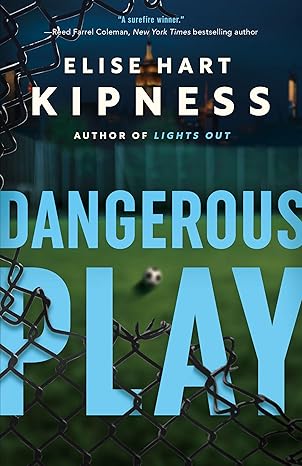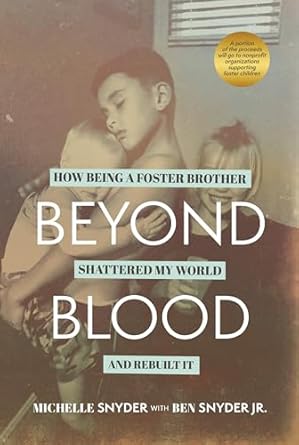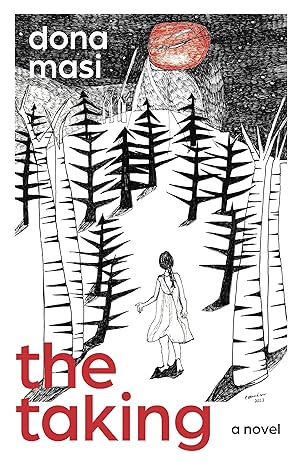Authors Interviewing Characters: Ellen Barker
Ellen Barker’s provocative debut novel, East of Troost (September 6, She Writes Press), addresses the ever-present effects of racism in both the past and present.
With an unnamed narrator as our eyes and ears into moments of Barker’s own life, East of Troost is an enlightening and thought-provoking read that encourages reflection on privilege and the environment created in its wake.
Josie Fawcett Character Interview by Ellen Barker, author of East of Troost, out September 6, by She Writes Press.
East of Troost
 Troost is a Street. East of it is where Black families live. What happens when a middle-aged white woman moves back to the east-of-Troost house she grew up in, searching for a sense of home after a personal tragedy? In this compelling novel, we find out.
Troost is a Street. East of it is where Black families live. What happens when a middle-aged white woman moves back to the east-of-Troost house she grew up in, searching for a sense of home after a personal tragedy? In this compelling novel, we find out.
After moving into her new home, East of Troost’s narrator deals with crime, home repair, self-doubt, and the skepticism of her neighbors and relatives—but, supported by the wise woman next door, a stalwart dog, and the local hardware store, she manages to gradually rebuild her life. Meanwhile, we get glimpses of her living in the same neighborhood as a teenager in the sixties, when white families were fleeing and Black families moving in. A very American story with universal themes, East of Troost goes to the basics of human behavior—compassion and cruelty, fear and courage, comedy and drama—in two dramatically different decades.
Josie Fawcett is the wise next-door neighbor.
EB: I really appreciate your filling in at the last minute to do this interview.
JF: Happy to do it. I know you wanted to interview the main character, especially since she narrates the book, but she had to fly to San Francisco for some sort of meeting.
EB: You are the next-door neighbor, correct? You have a big role in her life. What did you think when she first moved in?
JF: Well, the house had been vacant for a long time and it was kind of falling apart. I was afraid it was going to be bulldozed and there’d be one more vacant lot on the block. And then one morning, there she is, this white woman, out in the back yard with a big German Shepherd. No real estate agent wears jeans and a t-shirt, so I really didn’t know what to think. When she said she grew up in the house and had moved back, I was . . . well, I have to say I didn’t believe it. One of the other neighbors thought she must be in witness protection. No one would look for anyone east of Troost.
EB: So she is the only white person in the neighborhood?
JF: Oh no, not at all. There’s a white man in the next block, and . . . hmm, maybe he is the only other one. He’s been there a long time, longer than me even. He’s a little sweet on her!
EB: So there’s some romance going on?
JF: I think there is, but it’s not with him!
EB: Josie, you’re described as the wise woman next door. Why is that? What kind of wisdom do you dish out?
JF: I dish out more ice cream than wisdom, but I’m old enough and I’ve seen enough to know something about people. Sometimes a person just needs a reality check, you know. She gets inside her head too much and just stays there sometimes. She second guesses everything she thinks and does. I can usually just tease her a little and get her moving. Sometimes she needs a little lecture though, and I’m good at that.
EB: Do you have an example?
JF: It’s not in the book, but last summer when we were having such hot weather, she was agonizing about replacing the broken air conditioner in her house. She didn’t want to spend the money, either to buy it or for the electricity to run it. She could get by with a fan, she said, maybe sleep on a cot in the basement if it got too bad. Well, I told her right out: She’s got a job and she’s doesn’t even have a mortgage. She just doesn’t have what she used to have. But in a climate like this, air conditioning in summer is as basic as heat in the winter. She didn’t have anything to say to that, so she just stood there. So then I said: “And besides, it’s hotter now than when you lived here before. Go google that.” And then I pulled out my ace: “It’s not safe for Boris, with that fur coat he’s got.” I guess that did it, because the new air conditioner was in a few days later. She should have gotten central, but the one she got does pretty well.
EB: Back to you, though—how would you describe your friendship?
JF: Oh, it’s made such a difference having someone ordinary living there, fixing the house up a little. Seeing lights on over there. And Boris—that’s her dog—he makes me feel safe. He barks when someone comes to my door.
EB: So it’s not a safe neighborhood?
JF: Nothing east of Troost is safe. It’s . . . well, it’s a disgrace, don’t get me started.
EB: So you think she’ll move away again, like her family did in the sixties?
JF: She doesn’t know if she will or not, but I know. I was a teacher, and I got so I can read people pretty well.
EB: A teacher?
JF: Does that surprise you? Even east of Troost, you had to have some means to get a loan on a house. It was a stretch for Hal—that was my husband—and me to buy here even when all the white people were moving away and the expressway was being put through just a block away.
EB: Oh sure, yes, of course. So what do you think? Is she staying?
JF: I’m sure of it. She’s had some difficulties; we all have those. But she’s come through so far. She’s got a lot invested. Emotionally, you know. I think she’s set for a while. I hope so. I’m getting older, you know, and my daughter was starting to talk about moving me in with her, or going to assisted living or something. But now, she seems okay with my living here a while longer. I’m not even eighty, after all.
EB: I’m glad to hear that, because I’m expecting this story to be continued.
JF: Oh yes, I agree. So far, it’s only been about fourteen months. She’s just getting started with that house, and we need to see if that romance goes anywhere.
EB: We’ll be watching!
—
 Ellen Barker grew up in Kansas City and had a front-row seat to the demographic shifts, the hope, and the turmoil of the civil rights era of the 1960s. She has a Bachelor’s degree in Urban Studies from Washington University in Saint Louis, where she developed a passion for how cities work, and don’t. She began her career as an urban planner in Saint Louis and then spent many years working for large consulting firms specializing in urban infrastructure, first as a tech writer-editor and later managing large data systems. She now lives in Northern California with her husband and their dog Boris, who is the inspiration for the German Shepherd in this book. This is Ellen’s first novel.
Ellen Barker grew up in Kansas City and had a front-row seat to the demographic shifts, the hope, and the turmoil of the civil rights era of the 1960s. She has a Bachelor’s degree in Urban Studies from Washington University in Saint Louis, where she developed a passion for how cities work, and don’t. She began her career as an urban planner in Saint Louis and then spent many years working for large consulting firms specializing in urban infrastructure, first as a tech writer-editor and later managing large data systems. She now lives in Northern California with her husband and their dog Boris, who is the inspiration for the German Shepherd in this book. This is Ellen’s first novel.
Category: Interviews, On Writing






